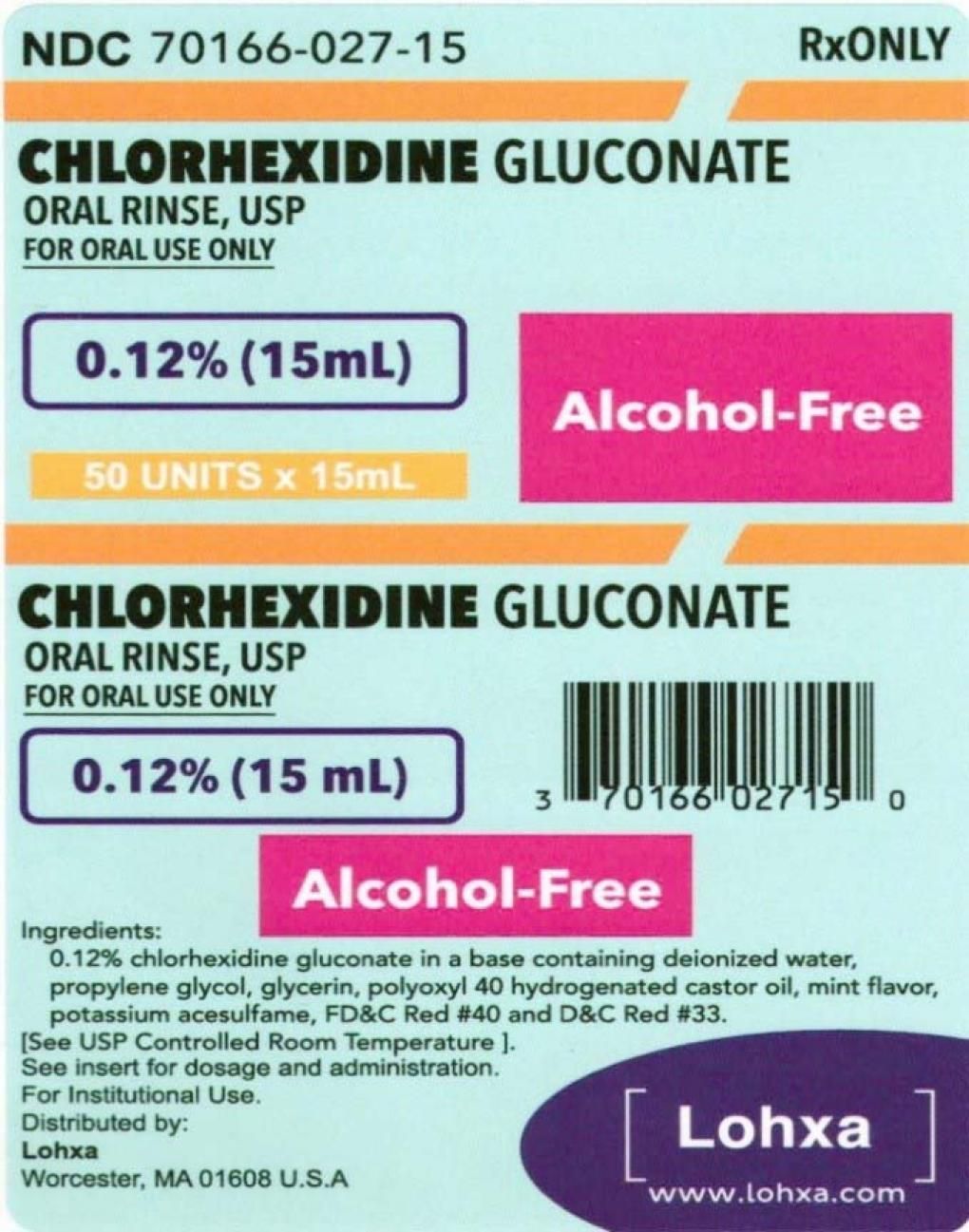Lohxa LLC issues recall of Chlorhexidine Gluconate Oral Rinse
Lohxa, LLC has issued a voluntary recall of Chlorhexidine Gluconate Oral Rinse due to potential bacterial contamination.

Lohxa, LLC has issued a voluntary recall of Chlorhexidine Gluconate Oral Rinse USP, 0.12% Alcohol-Free (NDC:70166-027-15) products with an expiration date from 1/31/21 to 3/31/21. The Chlorhexidine Gluconate rinse is sourced and repackaged from Sunstar Americas Inc., who alerted Lohxa that the product may be contaminated with the bacteria Burkholderia lata.
This oral rinse is available by prescription only and is indicated for the treatment of gingivitis, and was distributed nationwide to hospital pharmacies. Use of the contaminated lot in an immunocompetent individual may result in oral and potentially systemic infections that require antibacterial therapy. In at-risk populations, use may result in life-threatening infections, such as pneumonia and bacteremia. Lohxa has reported no adverse effects related to the recall to date. Consumers who have any issues related to the use of this product are urged to contact their physician or healthcare provider.
Below are the lot numbers and expiration dates of the affected product:
- T09101A, exp. 1/2021
- T08292A, exp. 2/2021
- T10011A, exp. 2/2021
- M10193A, exp. 3/2021
- T10223A, exp. 3/2021
Lohxa is notifying its direct consumers by FedEx overnight mail, email, phone, and is arranging for the return of all recalled products. Patients, pharmacies, and healthcare facilities should stop using and dispensing Chlorhexidine Gluconate Oral Rinse USP, 0.12% Alcohol-Free immediately. Consumers may contact Lohxa directly with questions or concerns at 1-800-641-5564 Monday-Friday from 8 am to 5 pm EST or email info@lohxa.com.
Additionally, adverse reactions or problems with this product can be reported to the US Food and Drug Administration’s MedWatch Adverse Event Reporting program either online, by mail, or by fax.